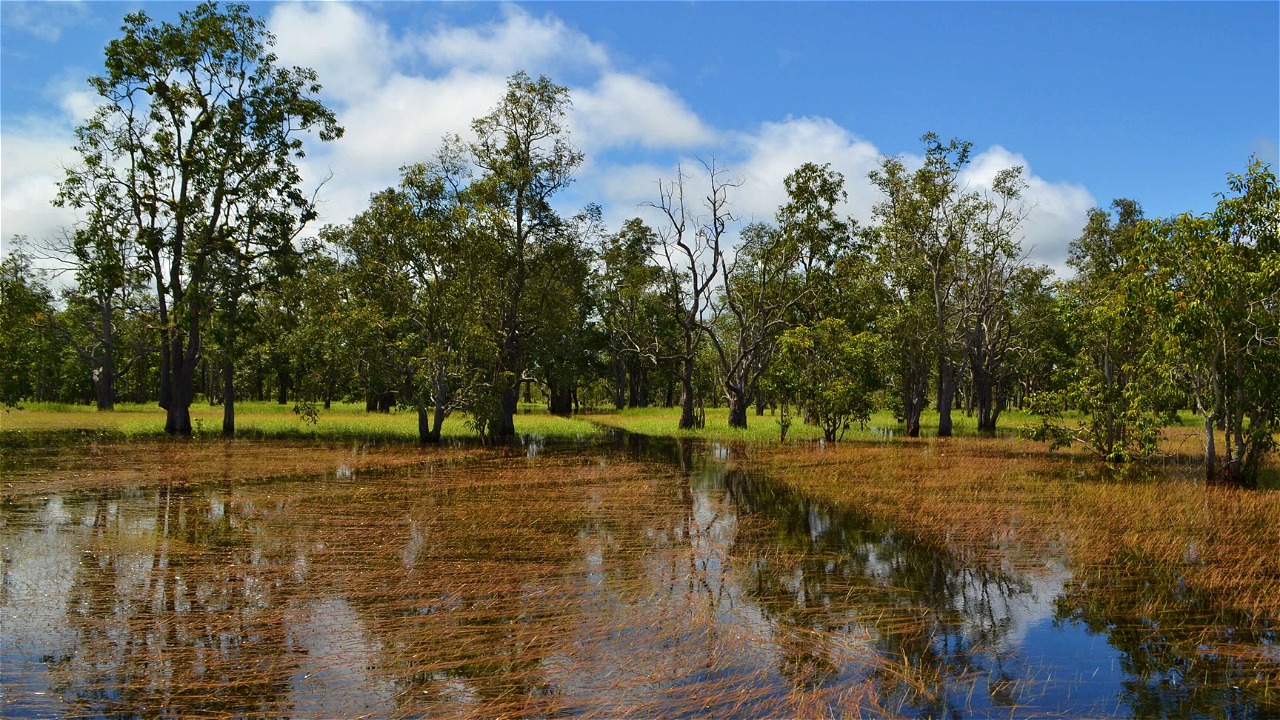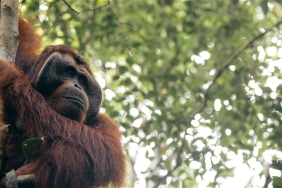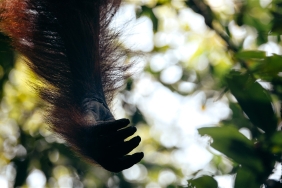BRG AND WWF-INDONESIA AGREE ON COOPERATION TO SAVE PEAT ECOSYSTEMS
Jakarta, October 16, 2017 - The Peatland Restoration Agency (BRG) and WWF-Indonesia Foundation have agreed to work together to save the peat ecosystem as outlined in a memorandum of understanding signed today at the Crowne Plaza Hotel, Jakarta. This cooperation is carried out to strengthen the implementation of peat restoration in 5 Peat Hydrological Units (KHG) in four provinces namely Jambi, Riau, Central Kalimantan and South Kalimantan.
Nazir Foead, Head of BRG said, "Peat restoration efforts need cooperation with many parties, so the contribution of the parties is important. For example, WWF-Indonesia has experience in peat restoration in Sebangau, Central Kalimantan, this is an added value for this cooperation."
The restoration of peat ecosystems is a target of the Indonesian government to reduce emissions by 29% on its own efforts and with international cooperation up to 41%. Data from Indonesia's NDC document (Indonesia's contribution to reducing greenhouse gas emissions-National Determined Contribution) reported to the UNFCCC (United Nation Framework Convention on Climate Change) states that 63% of Indonesia's total emissions come from land change, peatland damage and forest fires. Based on this data, it is very strategic for Indonesia to restore peatlands to achieve the emission reduction target.
Currently, Indonesia has 865 KHGs covering 24,667,804 hectares, with details: Sumatra 207 KHG (9,604,529 hectares), Kalimantan 190 KHG (8,404,818 hectares), Sulawesi three KHG (63,290 hectares), and Papua 465 KHG (6,595,167 hectares), of which 15 KHG are designated as protected functions. Meanwhile, the national peat ecosystem function map covers 12,398,482 hectares of protected function and 12,269,321 hectares of cultivation function.
"We have achievements to save Indonesia's forests and biodiversity, some of which are on peatlands," said Rizal Malik, CEO of WWF-Indonesia. Rizal continued, "Indonesia has 24 million hectares of total peatlands, 12.2 million hectares are in a damaged condition, and two million hectares are in critical condition whose control is in the hands of the private sector, communities, and both central and regional governments. To achieve the restoration target that has been set, it is impossible for BRG to do it alone, but it needs many parties to contribute to helping achieve this target."
The five KHGs that BRG and WWF-Indonesia will work together on include: (a) KHG Mendahara River - Batanghari River, Jambi Province, covering an area of 201,382.8 ha; (b) KHG Siak Kecil River - Rokan River, Riau Province, covering an area of 832,458.33 ha; (c) KHG Kahayan River - Sebangau River, Central Kalimantan Province, covering an area of 451,507.4 ha; (d) KHG Katingan River-Sebangau River, Central Kalimantan Province, covering an area of 823,060.3 ha; and (e) KHG Ambawang River-Sungai Kubu, West Kalimantan Province, covering an area of 50,939.39 ha. Specifically for KHG Jambi, WWF-Indonesia received support from the Millennium Challenge Account - Indonesia (MCA-Indonesia).
The activities that will be carried out in this cooperation include planning, implementation, monitoring, resource development, strengthening participation and education, coordination of policy strengthening, and research and development related to peat restoration activities.
-o00o-
For more information, please contact:
Diah R. Sulistiowati | Forest and Terrestrial Species Campaign Coordinator | WWF-Indonesia | dsulistiowati@wwf.id | +6281 1100 4397
Zulfira Warta | REDD Forest and Climate Coordinator | WWF-Indonesia | zwatra@wwf.id | +6281 2125 0127





